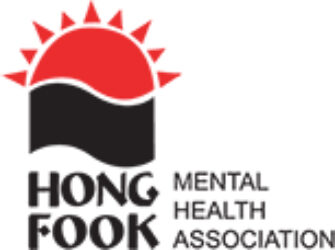BIPOC Youth Mental Health Initiatives: Process and Impact

Presenters
Cherry Cheung (she/her), BA/RSW, Youth Intake and Outreach Worker, Hong Fook Mental Health Association
Hannah Xu (she/her), MPH, Youth Program Coordinator and Worker, Hong Fook Mental Health Association
Mardi Daley (any), Youth Engagement Specialist, CAMH
Claire Perry (she/her), Youth Engagement Specialist, CAMH
Ashell Campbell (she/her), Community Support Worker & Group Facilitator, LOFT Community Services- Transitional Age Youth (TAY) Program
Amy Mathew (she/her), Peer Support Worker & Peer Facilitator, LOFT Community Services- Transitional Age Youth (TAY) Program
Abstract
This joint workshop showcases the works done with BIPOC youth for BIPOC youth, including:
- CAMH’s engagement work with Black youth advisors and Black Youth Online Network that promotes access to Mental Health and Substance Use projects and services done through the provincial Black Youth Advisory Panel (BYAP);
- Hong Fook’s youth-led campaigns addressing anti-Asian racism, in collaboration with the Factor-Inwentash Faculty of Social Work (FIFSW), the University of Toronto; and
- LOFT’s Culture & Calm, Dialectical Behavior Therapy (DBT)-informed psychoeducation group for BIPOC youth (16-29). It has an accessible design and co-facilitated by peer staff who brings their lived expertise in mentorship. Utilizing feedback from Black, Indigenous, People of Color (BIPOC) service-users, Culture & Calm hopes to enhance access and delivery of culturally informed services.
Learning Objectives
At the end of this presentation, participants will be able to:
- Take a critical and anti-oppressive approach to engagement in mental healthcare, take steps towards meaningful engagement with BIPOC Youth in mental healthcare from an Anti-Black, Anti-Asian Racism lens
- Explore healthy practices in youth coproducing youth friendly and culturally responsive MHA projects
- Gain a better understanding of how mental health projects and services can be made accessible, responsive and culturally relevant to BIPOC youth needs
